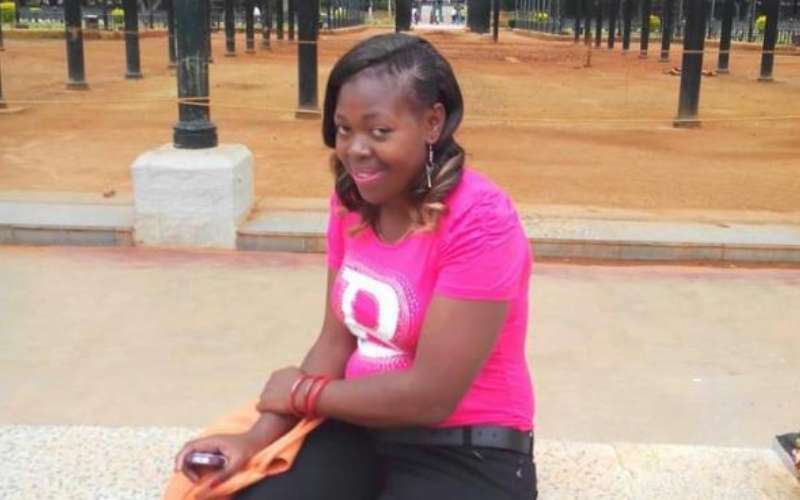×
The Standard e-Paper
Stay Informed, Even Offline

Triza Wangari from Kiambu County was diagnosed with stage five kidney failure, which is irreversible, in 2009. She had just completed secondary school when fatigue, diarrhoea and anaemia became the order of the day.
To date, she has battled the chronic kidney disease. “When you have kidney failure you lose your urine, you don’t pee,” she says. After the transplant, she started to pass urine. “My life and weight came back to normal. I had also lost my memory through a stroke,” she says.